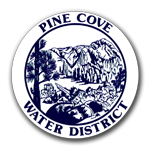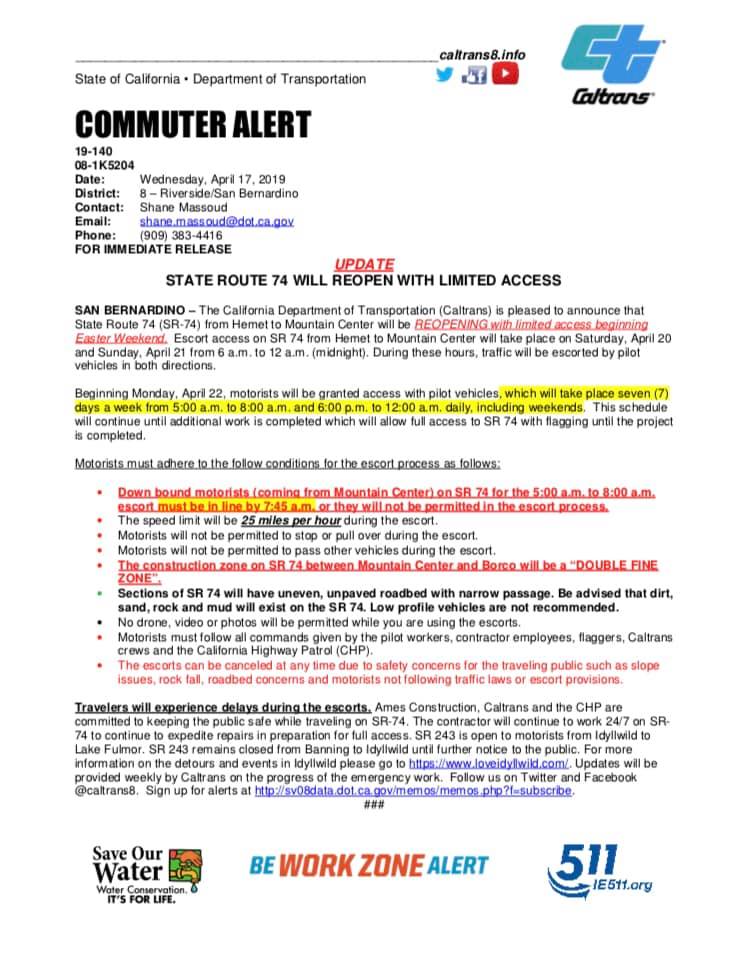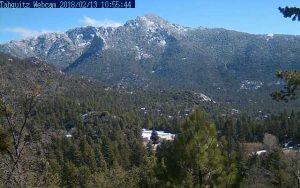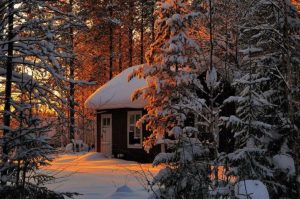Winterizing Tips
Prepare and protect your home for winter.
Your October 1st mailing included a pamphlet that has all of this information.
Conserve water and always use wisely.
When temperatures begin to lower in the fall, it’s time to get ready for winter. Every winter season, homeowners in mountain communities are at risk of the damage and expense caused by frozen pipes. However, just a few precautions can greatly reduce your risk (and may even help with your winter heating efficiency)!
Disconnect and Drain
Detaching hoses from outdoor faucets allows water to drain from the pipe.
Insulate Pipes or Faucets in Unheated Areas
If you have pipelines in an unheated garage or cold crawl space under the house, wrap the water pipes before temperatures plummet.
Seal Off Access Doors, Air Vents and Cracks
Winter winds whistling through overlooked openings can quickly freeze exposed water pipes. Don’t plug air vents. Your furnace and water heater need proper ventilation.
Find the Master Shutoff
In case of a leak, everyone in the family needs to know where it is and what it does. It’s usually where the water line comes into your house from the street.
Remember, all water that passes through the meter is the homeowner’s responsibility, even water lost due to frozen/broken pipes.
Vacant Home?
Turn Off Your Water!
Homes should have a “customer” shut-off valve just outside the District’s meter box at the street. All homes have a “District” shut off valve before the meter. Before vacating your home, always turn off your water at your customer shut off valve, located next to the District valve. It is not necessary to have the District valve shut off if your customer valve is shut off and operational. Please remember that ONLY authorized District personnel may turn off/on the District water meter shut-off valve. If you need help or can’t locate your customer valve, contact your local District.
Once your water is turned off, open and drain ALL household and irrigation lines. Any trapped water can freeze causing pipes to expand and break. Once all the lines have been drained, it is important to close all household and irrigation lines again before leaving your home.
Keep in mind that maintaining low heat in your home does not necessarily ensure that your pipes will not freeze. This is especially true if you are not a full-time resident. If you have any questions about winterizing or a Customer Shut-Off Valve, please contact your District office.
Pine Cove Water District 951-659-2675
Posted in: Uncategorized, Water Conservation, Weather, Winter, winterizing
Leave a Comment (0) →




